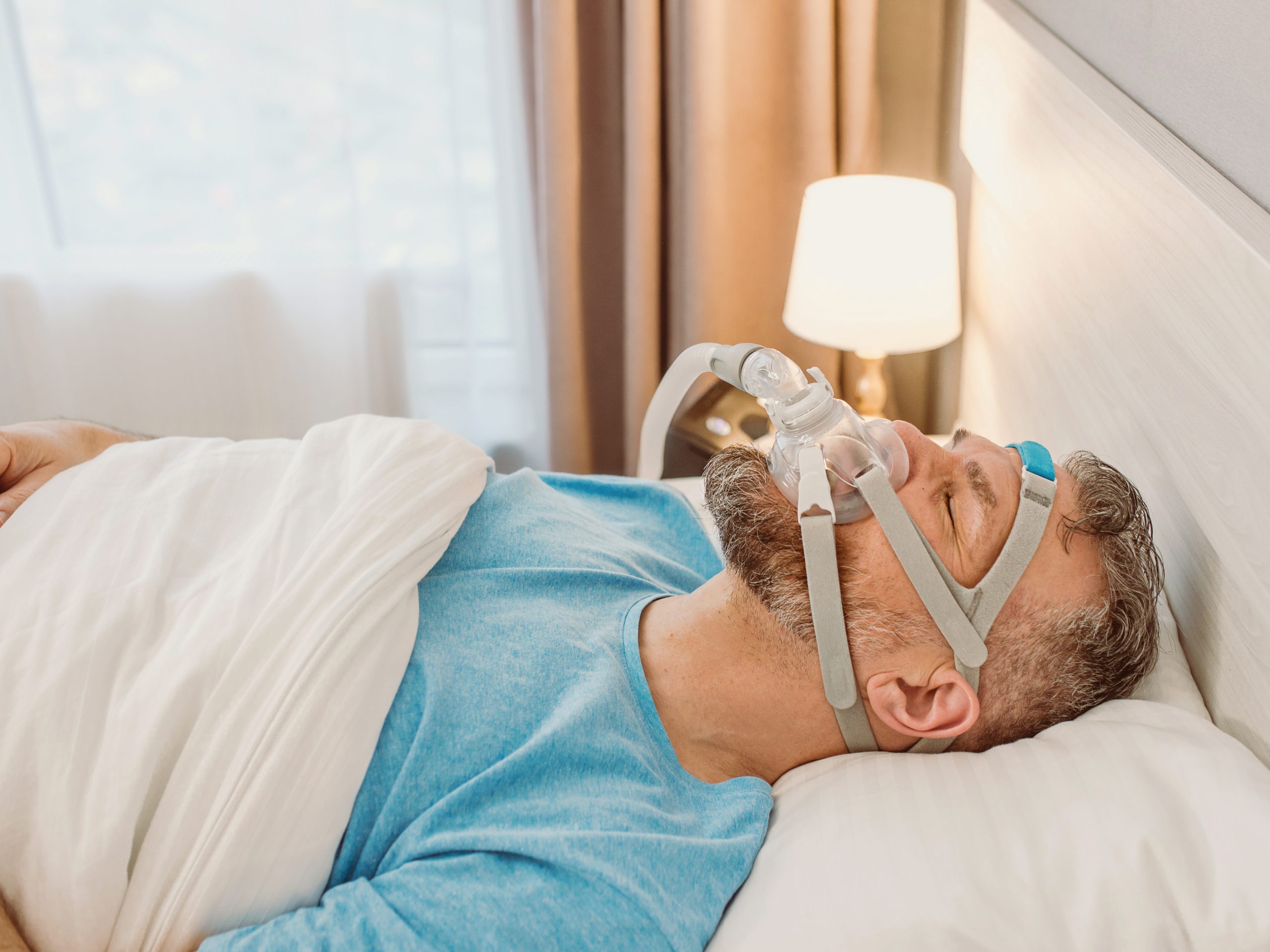“Our findings show that oxygen deprivation due to OSA is independently associated with cancer,” said Dr Andreas Palm.
A large study form Sweden has found people with obstructive sleep apnoea (OSA) are more likely to get cancer.
OSA is common sleep disorder causing people to have a partial or complete obstruction of airways during sleep which stops breathing several times during the night.
It can include symptoms of loud snoring, gasping and daytime sleepiness.
The researchers say the oxygen deprivation from OSA is the reason for the increased cancer risk.
“It is known already that patients with obstructive sleep apnoea have an increased risk of cancer but it has not been clear whether or not this is due to the OSA itself or to related risk factors for cancer, such as obesity, cardiometabolic disease and lifestyle factors,” said Dr Andreas Palm from Uppsala University in a press release.
“Our findings show that oxygen deprivation due to OSA is independently associated with cancer.”
The study that was presented at an international medical conference in Barcelona, analysed data from 62,811 patients five years before they started getting treated for OSA.
The patients were treated with continuous positive airway pressure (CPAP) that gives a positive pressure of air via a mask to ensure airways stay open during sleep.

The data was linked with figures from the Swedish National Cancer Registry and socioeconomic data from Statistics Sweden.
The severity of OSA was measured with the oxygen deprivation index (ODI) that indicates how many times an hour oxygen levels fall by at least 3 per cent for ten seconds or longer.
“We found that patients with cancer had slightly more severe OSA,” Palm said.
“The findings in this study highlight the need to consider untreated sleep apnoea as a risk factor for cancer and for doctors to be aware of the possibility of cancer when treating patients with OSA.
“However, extending screening for cancer to all OSA patients is not justified or recommended by our study results,” he added.
Despite it being a large study, it only looked at data from one point in time so it cannot show that OSA is a cancer cause, only that it is associated with it.
The researchers next plan to evaluate more patients and study the potential influences CPAP treatment has on cancer incidence and survival.





